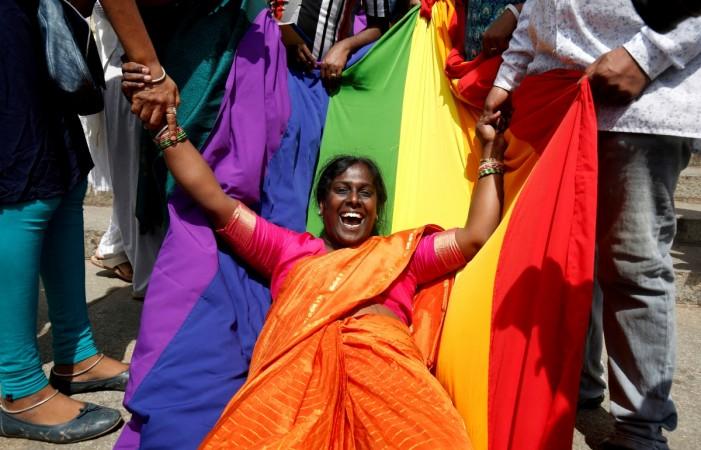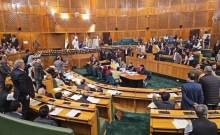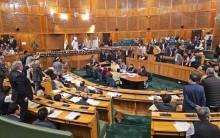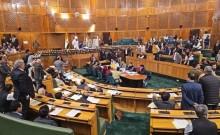
September 6 was a landmark day in Indian history. The Supreme Court of India scrapped parts of Section 377 of the Indian Penal Code and India's lesbian, gay, bisexual, transgender and queer (LGBTQ) breathed a huge sigh of relief.
Now, the next step in the legal fight will surely be for civil rights such as same-sex marriage, inheritance of property, and sharing insurance, among others.
But the union government, which left it to the court to decide on Section 377, has indicated that it is likely to oppose any petition for same-sex marriage.
"If equality of LGBTQ persons is now a fundamental right, then right to marry, bequeath property, share insurance (medical and life) are all part of this. We are asking for rights respect and dignity and it is unconstitutional and impudent to deny that. I am astounded at people who say that we cannot get these rights," said Sunil Mehra, a petitioner in the section 377 case told the Hindustan Times.
A government functionary, who spoke on the condition of anonymity, said, "Decriminalisation of same-sex acts was fine but the government would oppose any demand to legalise same-sex marriage."
Like the Supreme Court we too do not consider this a crime. However, same sex marriage and relationship are neither natural nor desirable which is why we do not support such relationships: Arun Kumar, Akhil Bharatiya Prachar Pramukh, RSS #Section377 pic.twitter.com/N7EDVqtXtj
— ANI (@ANI) September 6, 2018
The same stand was echoed by the Rashtriya Swayamsevak Sangh (RSS), the ideological fount of the ruling Bharatiya Janata Party. "Same-sex marriages are not compatible with norms of nature, so we don't support them. Bharatiya society doesn't have the tradition of recognising such relations," said RSS spokesperson Arun Kumar to Zee News.
The 493-page SC judgment on September 6 had spoken at length about how social norms cannot regulate constitutional liberties and affirmed the rights of the community without going into the question of civil rights. The government counsel in July had asked the court to limit itself to Section 377, and not expand to civil rights.
Over the past decade, many queer and trans individuals have got married in community ceremonies while others have moved to countries that recognise same-sex marriages in order to marry their partner. In fact, one of the petitioners before the SC in the Section 377 case spoke of how he planned to move abroad for marriage. In other countries, such as the US and the UK, legalisation of same-sex relationships has been followed by legal recognition of same-sex marriage, adoption, inheritance among other rights.













